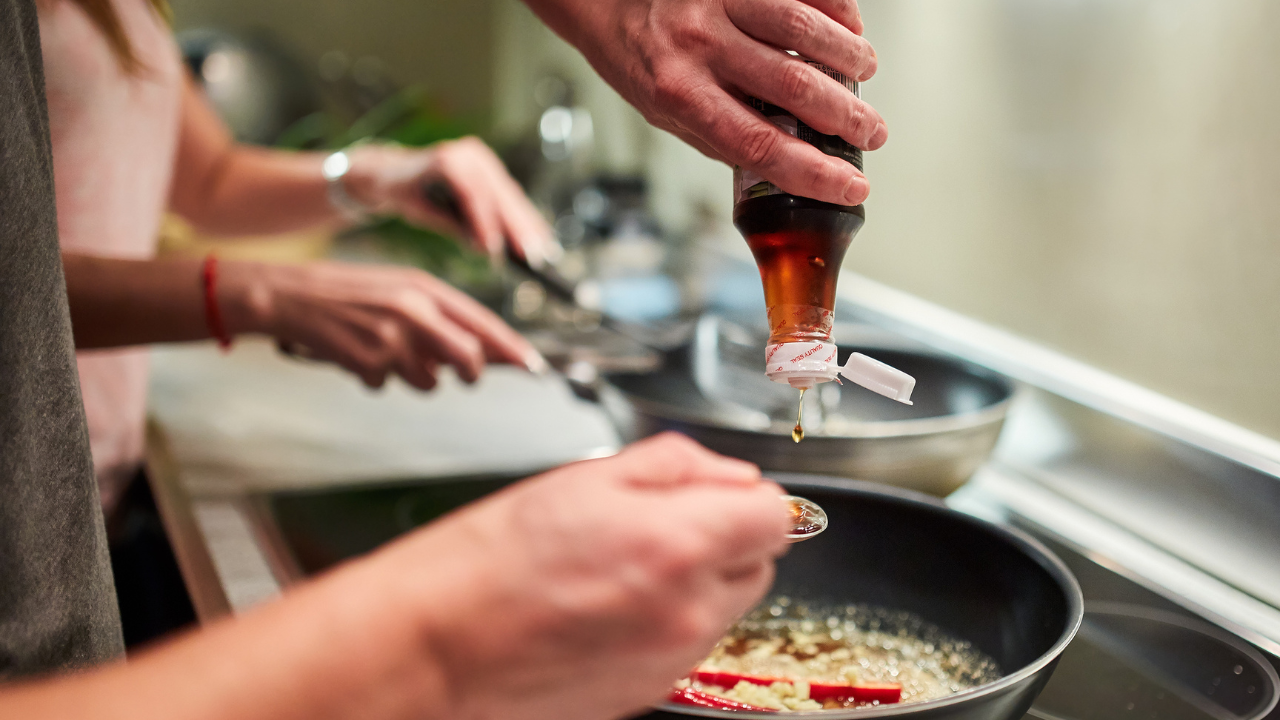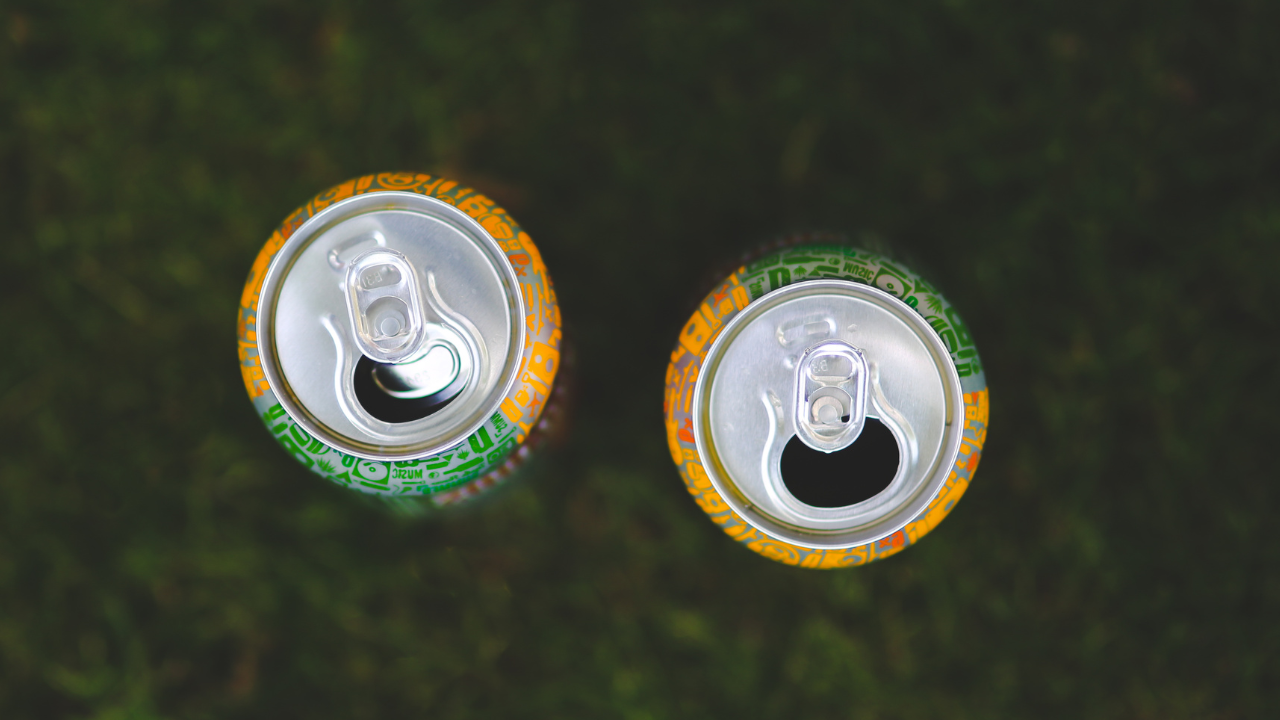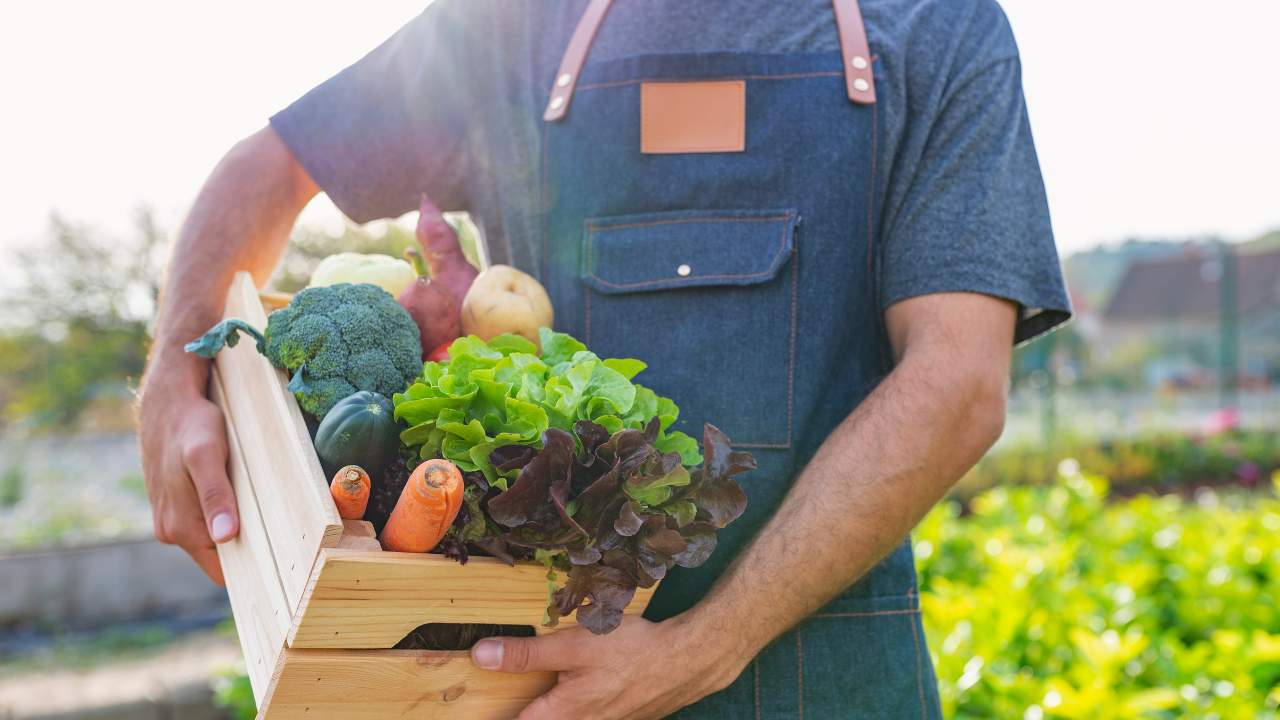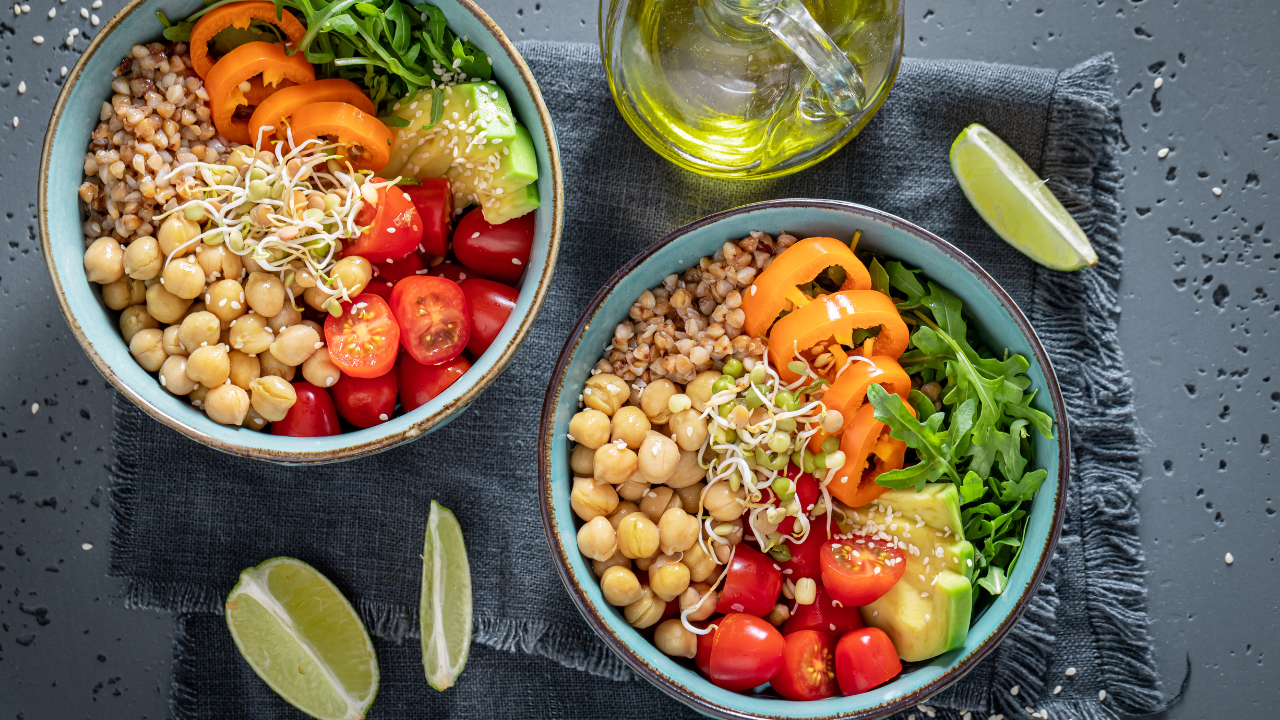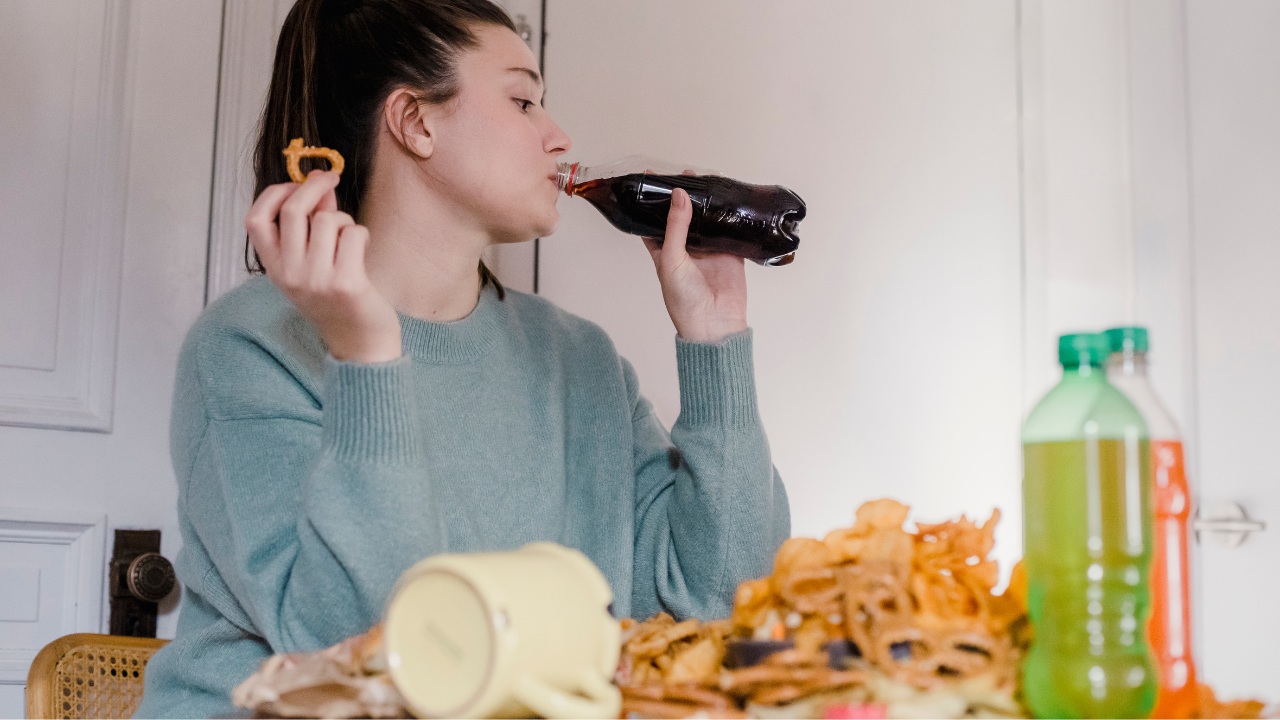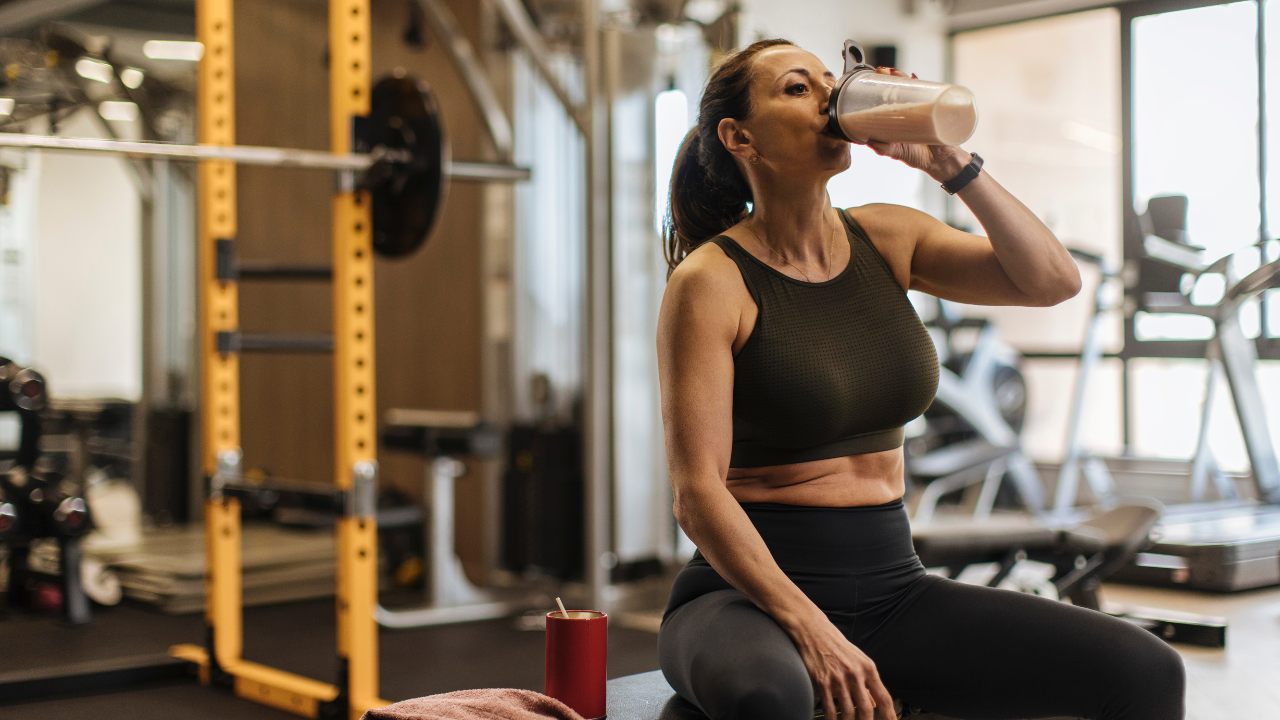Why I Recommend Processed Foods as a Dietitian
People are often shocked to find out that I promote processed foods as a registered dietitian. Many have this idea that dietitians only recommend fruits and vegetables and “whole foods”.
While I am keen on fruits and veg, that does not mean that there isn’t room for other foods too.
If you’re new here, hello and welcome! My name is Hannah and I am a non-diet dietitian here to help you improve your relationship with your food and finally find food freedom.
In this blog we will cover:
What are processed foods?
Why processed foods are said to be “bad”
Are processed foods unhealthy?
The benefits of processed foods
My favorite processed foods as a dietitian
What are processed foods?
Processed foods are foods that are altered from their natural state. This may come as a surprise, but most foods that we eat are processed in some way. Forms of food processing may include freezing, cutting and chopping, canning, cooking, and drying.
When you hear the term "processed foods", you might picture Cheetos and Coca-Cola, but baby carrots and almonds are also processed foods. Less processed, sure. But still processed. Food processing actually occurs on a spectrum.
Some foods just go through light processing, such as canned corn, nut butter, and ground beef, for example. Comparatively, only a few steps are needed to processed these types of foods.
Other foods are are more highly processed, such as soda, salami, and ice cream. These highly processed foods require many more steps (and often ingredients) to get them from their starting form to the finished product that you find on the shelves.
Some processed foods may have additives such as thickeners, preservatives, emulsifiers, flavoring, coloring etc. These ingredients are generally safe (at least in doses that they are typically consumed), even if they have scary sounding names. Food additives are regulated by the FDA to ensure safety.
Why processed foods are said to be “bad”
You may have heard that you should try to limit your intake of processed foods. Do you remember where you first heard that food rule?
The "clean eating" movement is one of the largest advocates of avoiding processed foods. “Clean eating” is a type of restrictive diet that involves eating foods that are as close to their natural state as possible. “Clean eaters” often tout the benefits of whole foods and encourage the eliminating convenience and processed foods.
But remember how I mentioned that most of the foods we consume are processed in some way? It is nearly impossible to avoid all processed foods. And that’s okay!
“Clean eating” really has no formal definition and “clean eaters” are likely including some processed foods in their diet. In fact, the "clean eating" gurus often ironically recommend elaborate supplement routines. Supplements are very processed and much less regulated than food products. This just goes to show how inconsistent the “clean eating” diet is.
Are processed foods unhealthy?
The short answer - nope. Processed foods can be (and almost definitely will be) included in a “healthy” diet.
Again, it is true that whole foods are often nutritious. But just because fresh, whole foods are nutrient dense, this does not mean that processed foods are "unhealthy".
Food and nutrition do not exist in a binary - foods are not "good" or "bad". They just contain different ratios of nutrients and serve different purposes. In fact, it is okay to eat for reasons beyond just getting nutrients in! Food is fun, food is emotional, food is cultural, food is comfort.
The bottom line is that it is possible for recognize that whole foods can be nutrient dense and health promoting without demonizing processed foods. All foods can fit.
Want to learn more about wellness culture and clean eating? Join The Nutrition Reboot Membership for access to live trainings and recordings, including one all about the harms of wellness culture. Becoming a member will also save your seat for all upcoming trainings!
The benefits of processed foods
At this point, I have mentioned many times that processed foods can be a part of a balanced diet. But how? What are some of the pros of processed foods?
Processed foods help you to get nutrients in
All foods offer nutrition, including both whole foods and processed foods. In fact, some processed foods can even be considered nutrient-dense. Some examples include canned salmon (high in protein and omega-3 fatty acids), chia seeds (rich in fiber, protein, and omega-3 fatty acids), and canned beans (high in fiber and iron).
Processed foods help you to eat more fruits and vegetables
Wellness culture will tell you that "fresh is best" and that you should only choose organic. This is untrue! You can eat conventional produce and choose fresh, canned, frozen, or dried. Choose what you prefer, what is available to you, and what you can afford.
Processed foods make food taste good
You know how a meal always tastes better when you add sauces, dressings, seasonings, and condiments? Well you don’t need to make all of these from scratch.
Processed foods make meals easier
Speaking of cooking from scratch, that can be exhausting and time consuming. Using convenience items like enchilada sauce, quick-cook rice, pasta sauce, and frozen waffles can make life so much easier.
Choosing processed foods can bring you pleasure
It's okay to eat foods that are not nutrient-dense. Food is more than fuel! We don't eat Takis or Cheetos for some fiber or vitamin D. We eat them because they taste good, they are nostalgic, and/or they are what is available. And these are okay reasons to choose to eat a certain food.
My favorite processed foods as a dietitian
I eat processed foods every single day! Some more processed and some less processed, but most of the foods we get at the grocery store are processed in some shape or another.
Greek yogurt: high in protein, Greek yogurt makes a great addition to smoothies or as the base of parfaits for breakfast and snacks. I like to add granola, fruit, and chia seeds to my parfaits.
Bread: oh man, I love bread of all kinds. Diet culture loves to demonize bread, but it is a staple in the Dietitian Hannah kitchen.
Cheese: cheese is super filling because it has protein and fats. One of my go-to daily snacks includes cheese, nuts, and fruit.
Hummus: speaking of snacks, I love hummus as a dip with veggies and naan bread. Whether homemade or store-bought, all hummus is processed!
Canned beans: I always have a stock pile of a variety of canned beans, including black beans, pinto beans, and chickpeas. Beans are a nutrient powerhouse and canned beans are especially great because they are ready to be added to whatever dish I am making.
Bottom line - should you avoid processed foods?
There is no need to avoid processed foods. In fact, it is nearly impossible to avoid all processed foods.
Food processing occurs on a spectrum. There are foods that are more processed than others. And it likely wouldn’t feel too good to eat a diet of only ultra-processed foods. But this does not mean that these foods are not allowed to be on our plate.
Processed foods help us feed ourselves. As a dietitian, that is what matters most to me.
Check out The Pros of Processed Foods ebook!
Featured video
Want more help on your diet ditching journey?
Join my signature membership to become part of a community of ex-dieters working towards food freedom and making peace with food so they no longer need to cut out their favorite foods.




